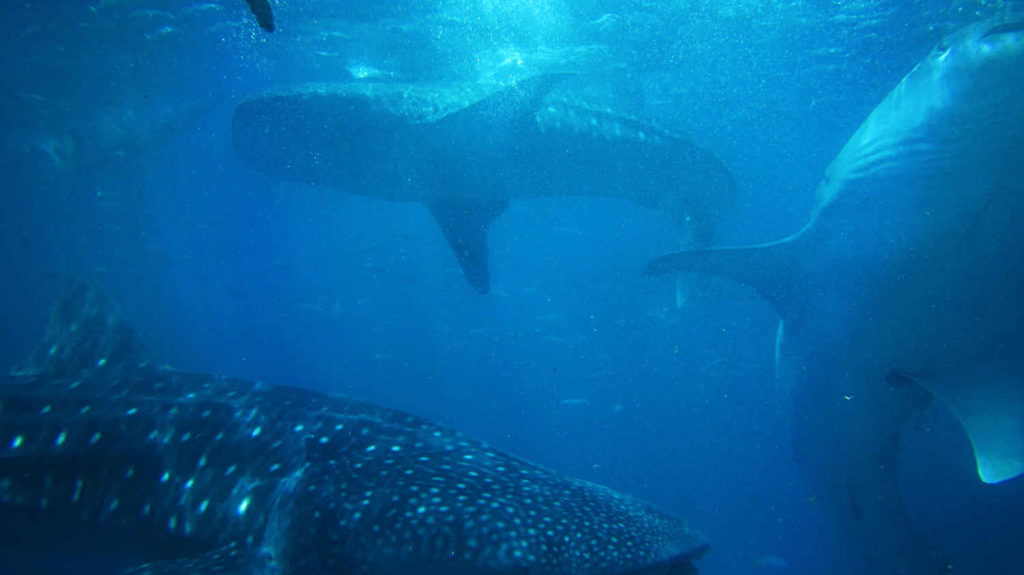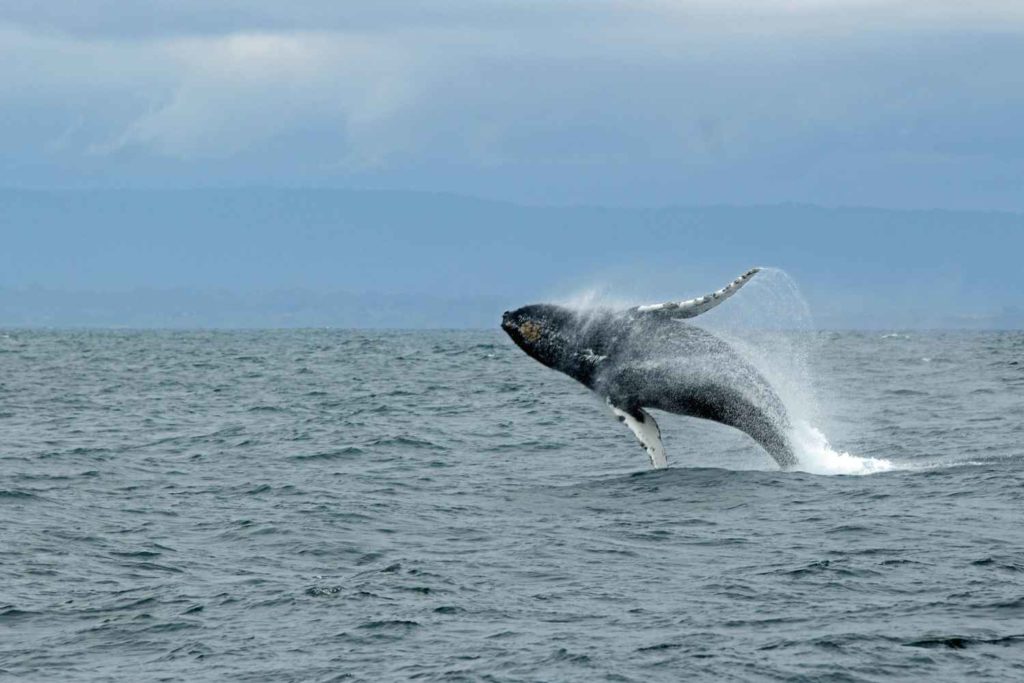Animals use, many of them, many sounds to communicate with each other. Some of these melodies are very elaborate, if for example we observe those of some birds or those of the whales. It is clear that animals also like music, and a good proof of this are dolphins, who are attracted to our music in the same way that we are attracted to the song of birds. The love that dolphins feel for human being, in particular for children, does not obey any particular interest, it is simply their friendly nature that makes them approach him. And the musicality they have is surprising. Music played sweetly on woodwind instruments induces dolphins to swim around. They seem to listen with pleasure and are actually very curious at first, sticking their heads out of the water to see where it comes from.
The dolphin has been considered by Apollo a sacred animal. In the Confessio Fraternitatis R.C. of 1615, one of the manifestos of the “Fraternity of the Rose Cross”, a list of wonders promised to humanity through the Rosicrucian philosophy is detailed. Among them are the following: Anyone can sing with their voice or play an instrument in such a way that it attracts not the rocks of Amphion but pearls and gems; not to the beasts of Orpheus but to the spirit, not to Pluto from Tartarus but to the mighty princes of the world.

Many people have listened to recordings made of a whale, and they have become a source of inspiration for both composers (Paul Winter) and defenders of nature. They are wonderful, long, sustained, wide-pitch melodies, interrupted by noise and filled with the fantastic resonances of the underwater world. Humpback whales have been separ
ated from groups in the Pacific and Atlantic since time immemorial, despite the fact that the songs of the two regions still have some phrases in common. But the most surprising fact is that in each ocean the humpback whales sing a different song every year. It has been proven that on the same date the same song is sung at a distance of 1400 kilometers. How do they learn it? What does it mean when it echoes through the depths, sometimes audible at the incredible distance of 180 kilometers?

Is the true meaning of whale life found in songs, for which survival is only a means? One cannot help but wish to believe that animals other than man also live by intellectual, relational, or aesthetic values. Whales don’t sing because they have a message, whales sing because they have a song.







